The placebo effect has puzzled scientists for centuries. Philosopher Dien Ho argues that we now know how it works, and that this should transform our understanding of the relationship between mind and body. We must stop thinking of improvements in health due to placebo as somehow less real than those due to other medicines: there can no longer be a clean distinction between ill-health that’s “all in the head” and ill-health that involves a malfunctioning body. Ho argues that our improved understanding of placebos means that doctors should now harness their power in treatment, especially since research shows that they can be effective even when patients are told that they’re taking a placebo.
1. The therapeutic power of placebos
When healthcare researchers test potential new treatments, they use randomized clinical trials. Since the 1950s, placebos have been crucial parts of these trials. The placebo is made to resemble the treatment being tested, but lacks the experimental ingredients. For the treatment to be deemed efficacious, it must outperform the placebo, which is given to a control group. Otherwise, the treatment’s positive effects may be “mere” placebo effects. Advocates of evidence-based medicine consider double-blind randomized clinical trials with placebo controls as evidence of the highest quality.
___
It is possible to generate placebo effects even if subjects know that they are receiving placebos.
___
While researchers are mindful of placebos’ power to bring forth substantial physiological effects in clinical trials, the use of placebos for therapeutic purposes remains a fringe idea in medicine. The reasons are complex. Placebo effects carry the stigma of being “not real,” folks who respond to them are seen as gullible, and the apparent need for deception in providing placebo treatments raises formidable ethical concerns. Yet, recent studies by researchers like Ted Kaptchuk, John Kelley, and Cláudia Carvalho show that deception may not be necessary after all: it is possible to generate placebo effects even if subjects know that they are receiving placebos. Known as “open-label placebos,” clinicians might be able to harness their therapeutic benefits without eroding patients’ trust. Importantly, a few studies have shown that subjects taking open-label placebos often don’t believe in their effectiveness. The fact that they experience placebo effects nonetheless suggests that going through the healing rituals alone (e.g., swallowing a pill, seeing a physician, and so on) can elicit these benefits.
2. How placebos work
One of the most salient and well-researched areas of placebo effects is the use of placebos as a painkiller (placebogenic analgesia). As early as 1978, researchers discovered that naloxone—an opioid antagonist—can block the painkilling effect of placebos. In one double-blind study, subjects were randomly given morphine, saline, or naloxone after having a wisdom tooth removed. Although those who received saline (a placebo) reported less pain, subjects who had naloxone experienced no change in their pain level. A 1999 study by Martina Amanzio and Fabrizio Benedetti further confirms the theory that the painkilling effects of placebos stem from the brain producing and releasing opioids. The introduction of naloxone seems to block the analgesic effect of these endogenous opioids.










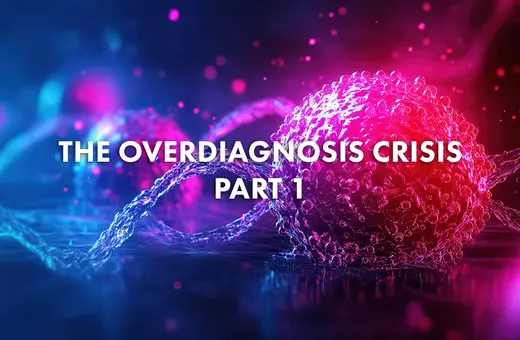

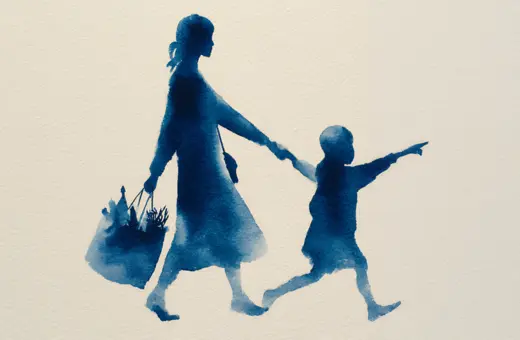
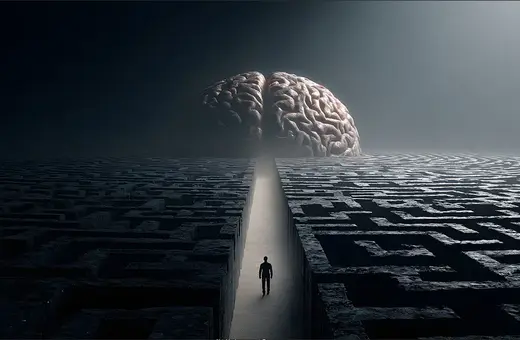

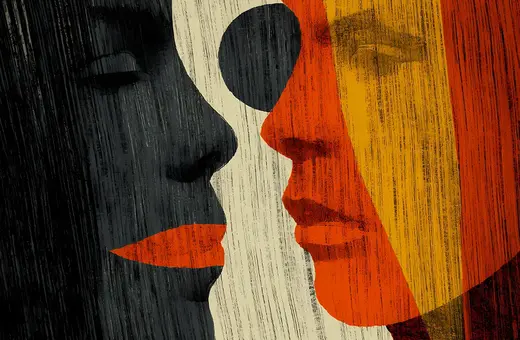
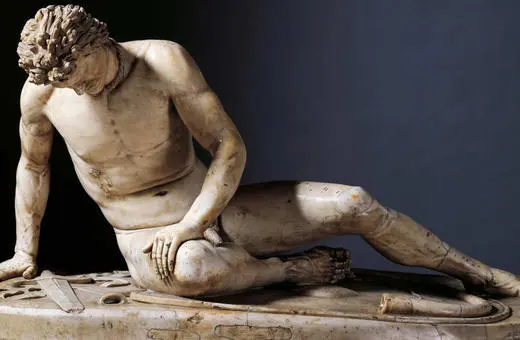
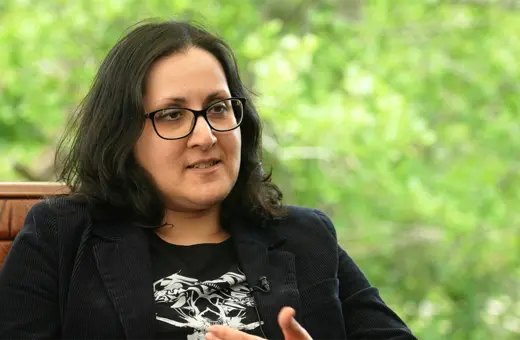



Join the conversation